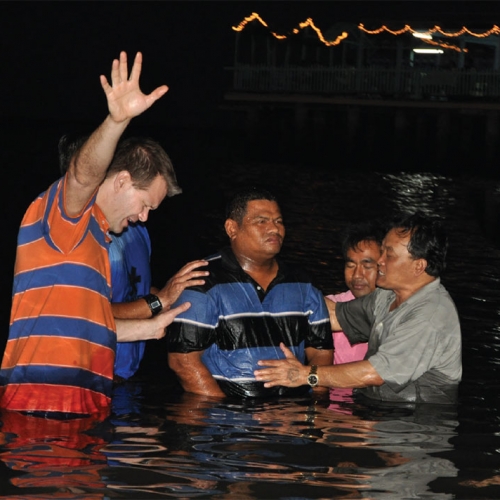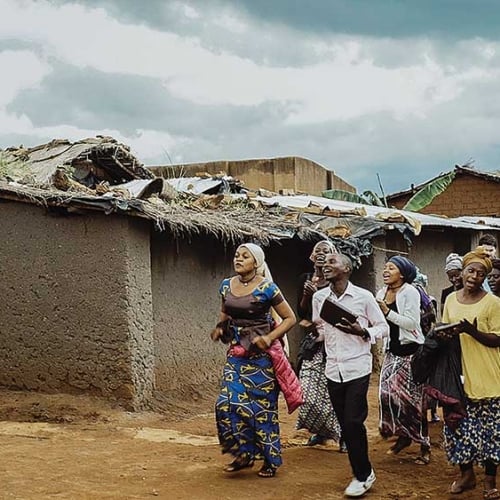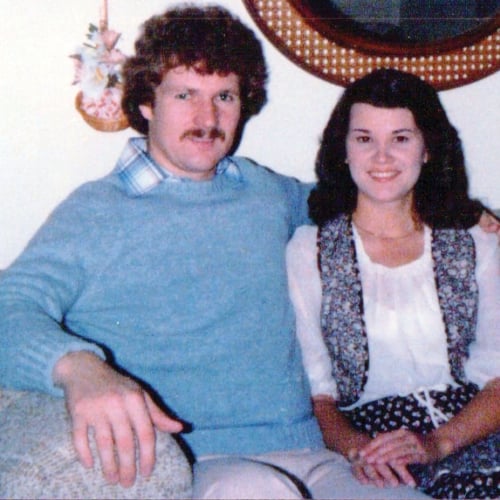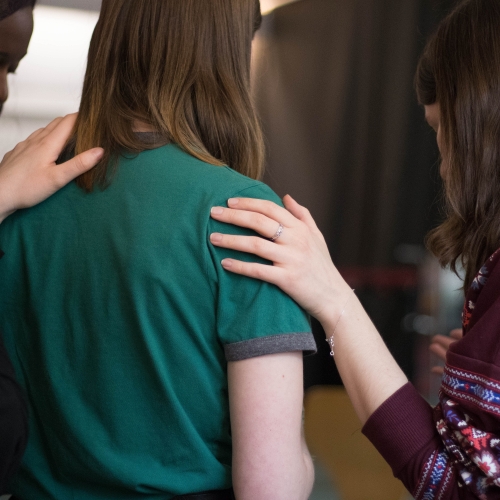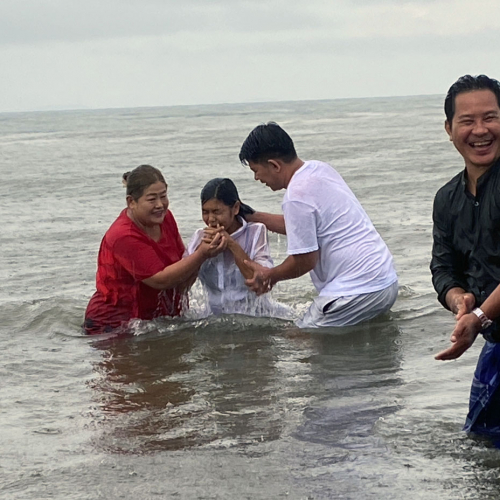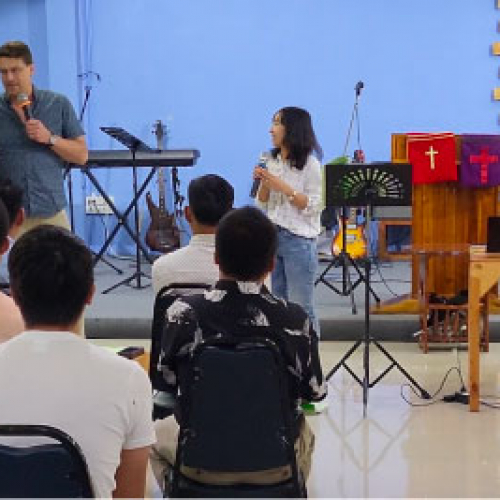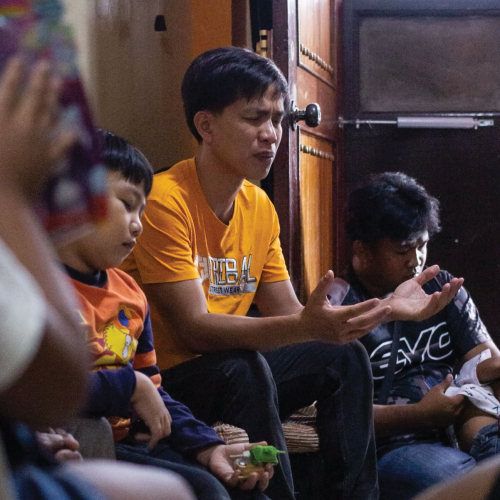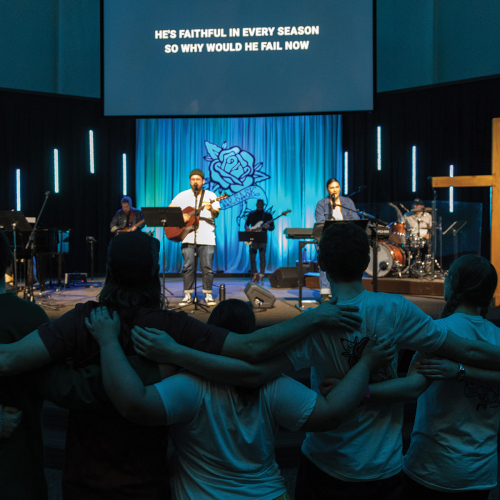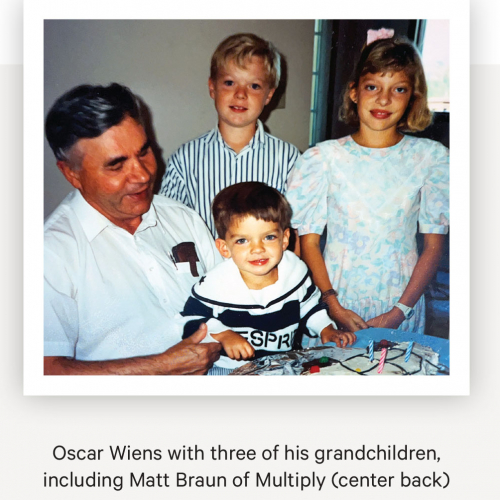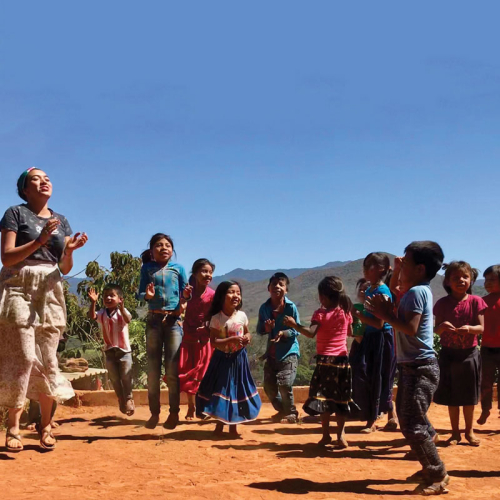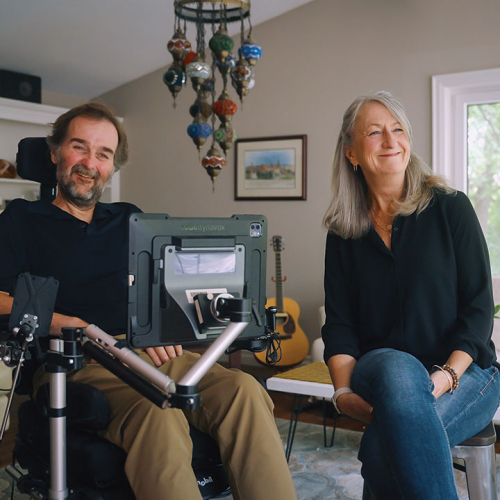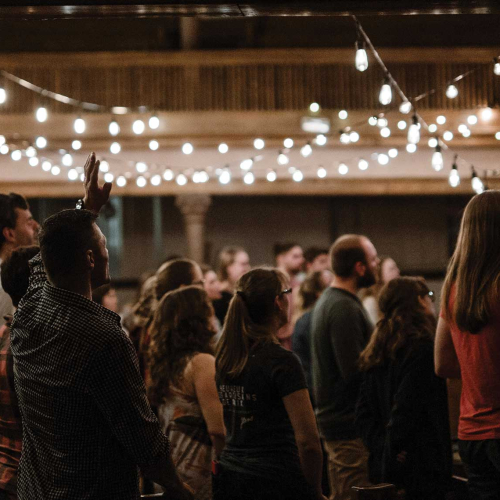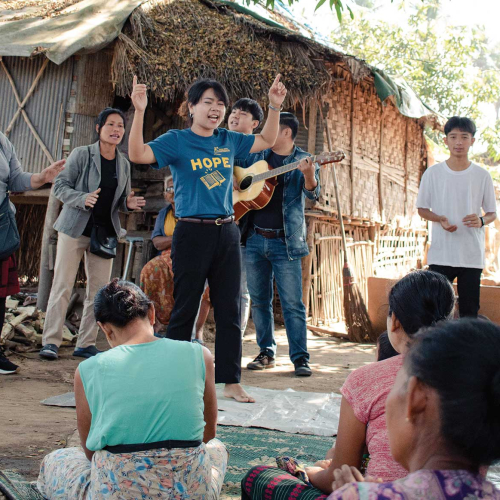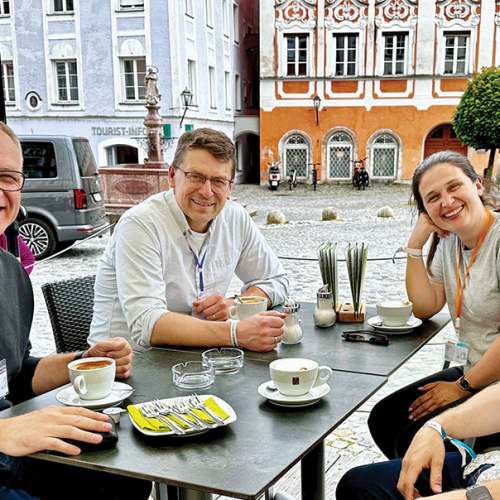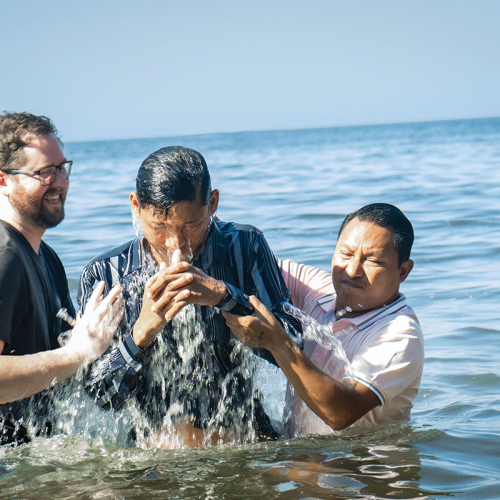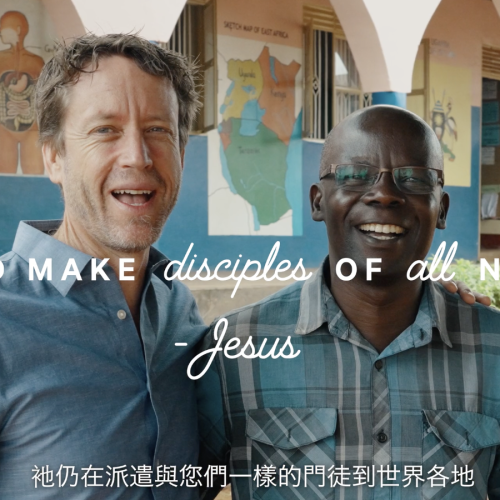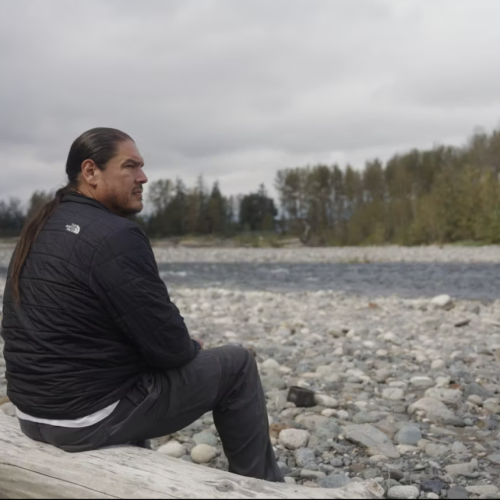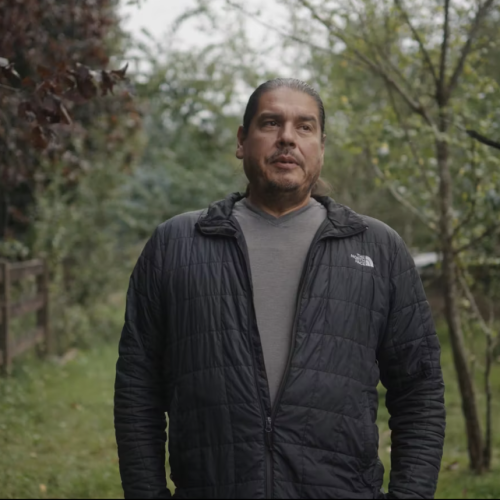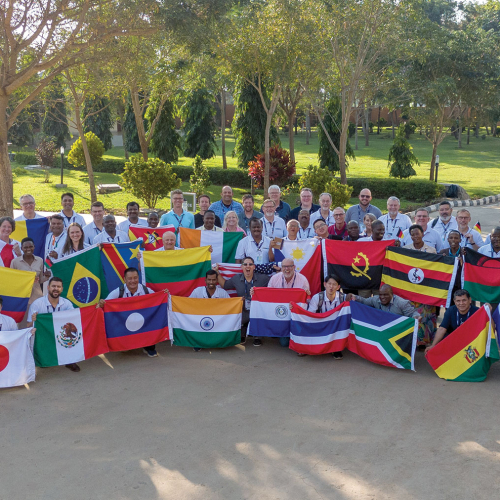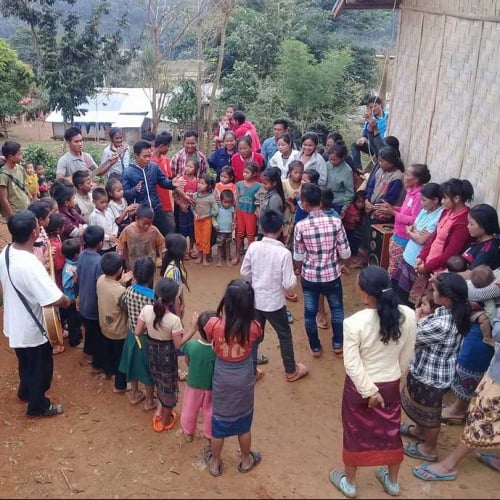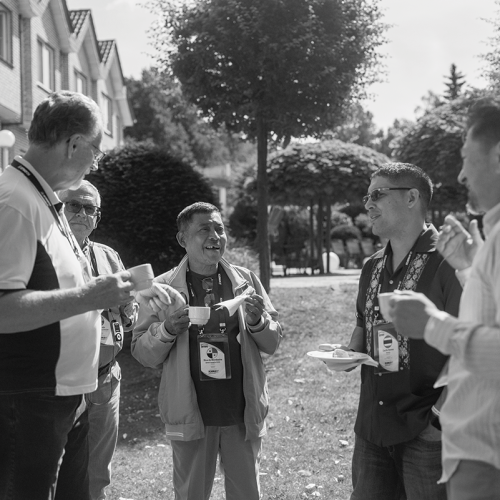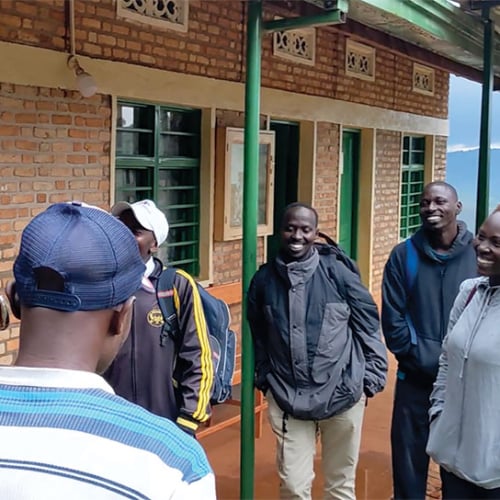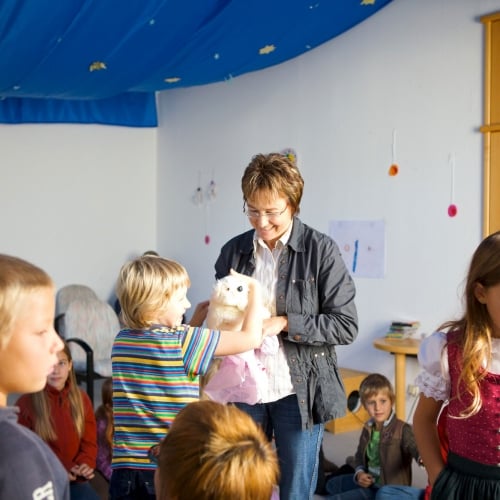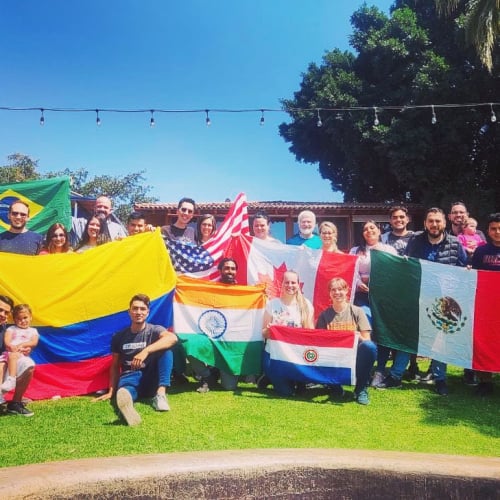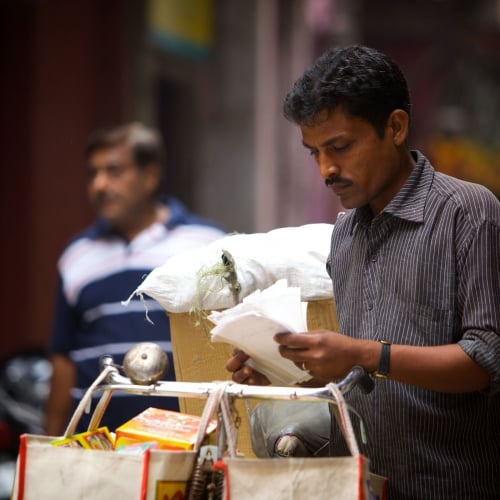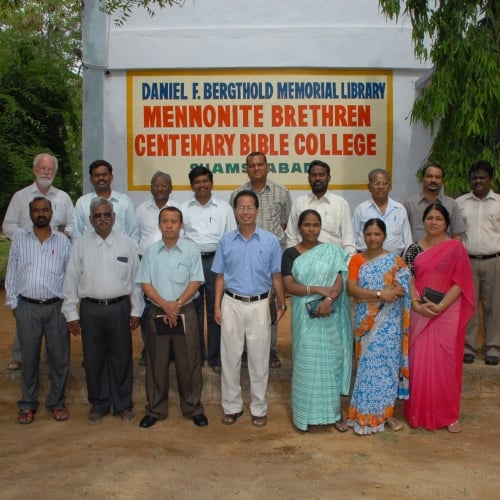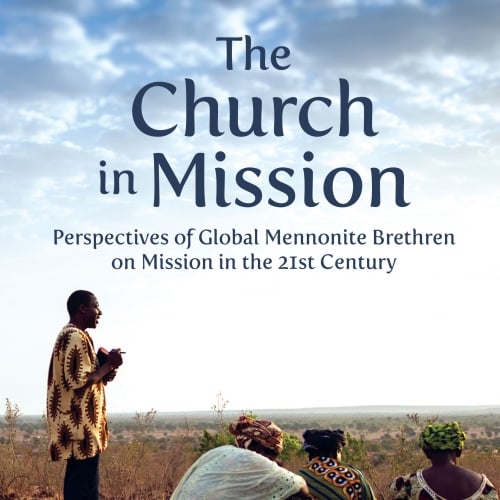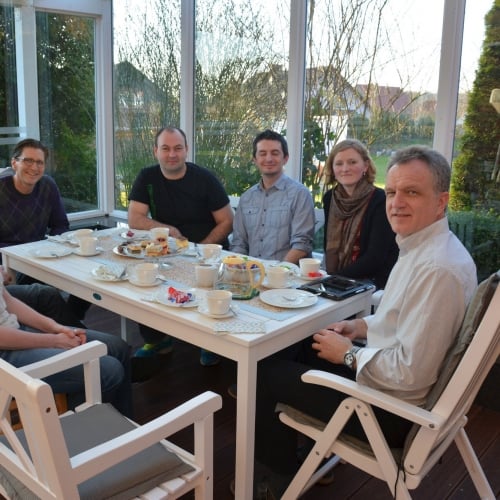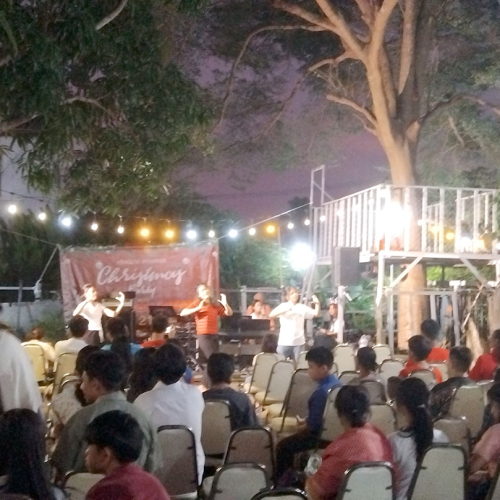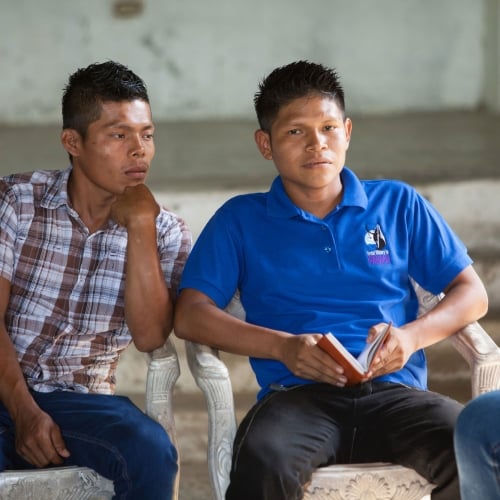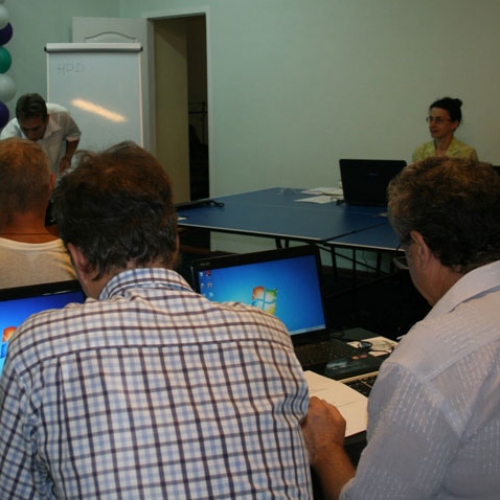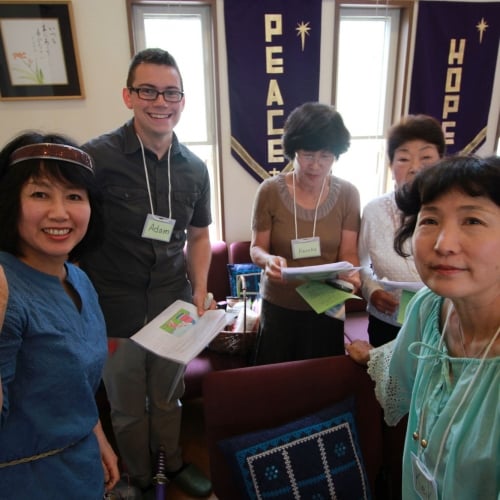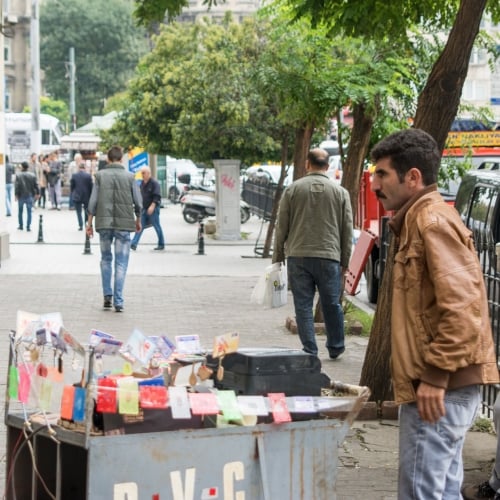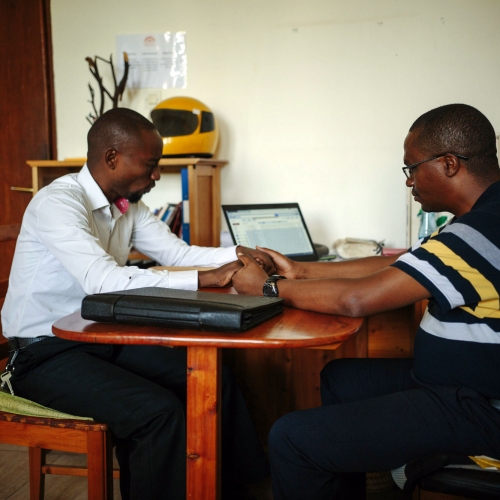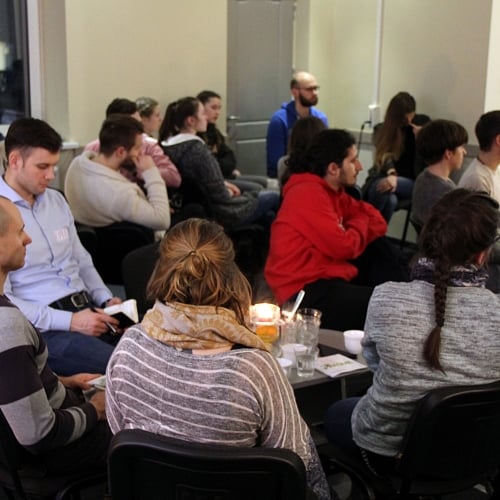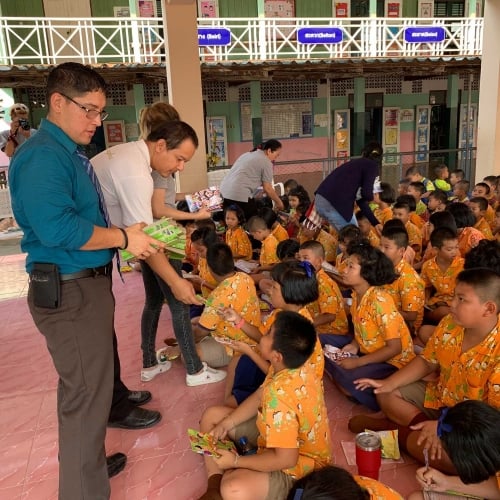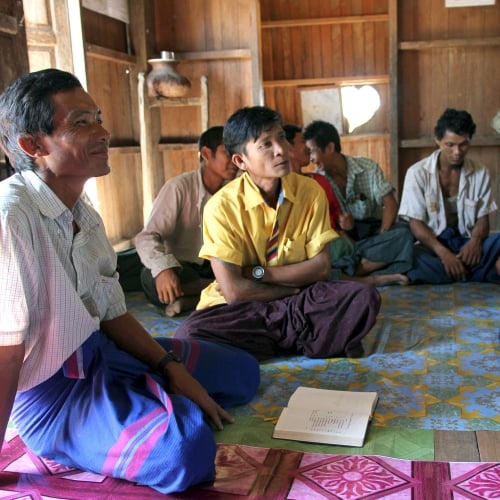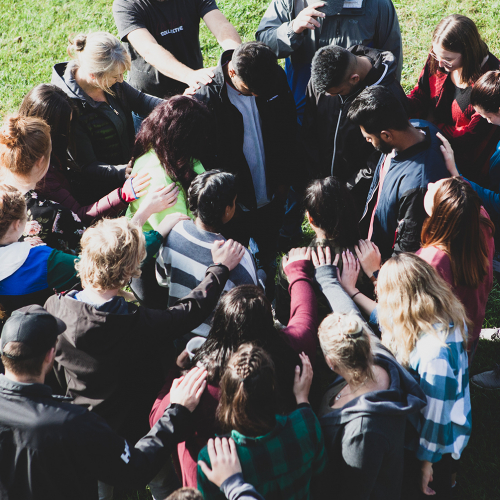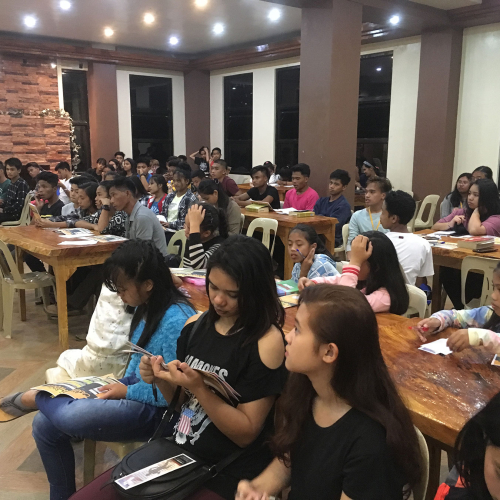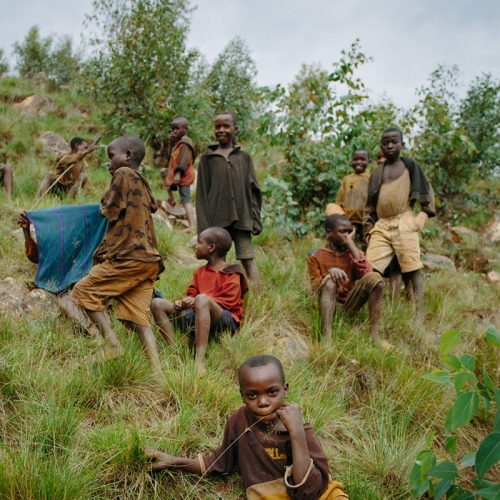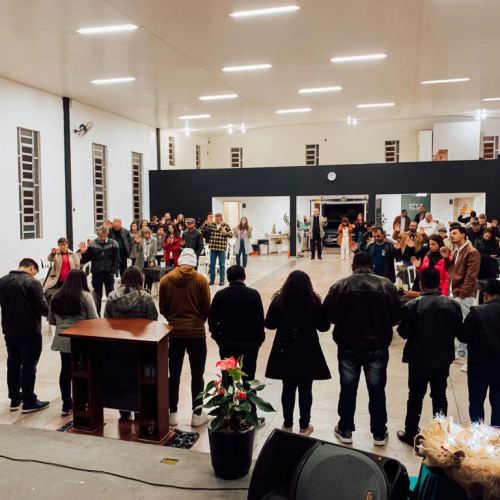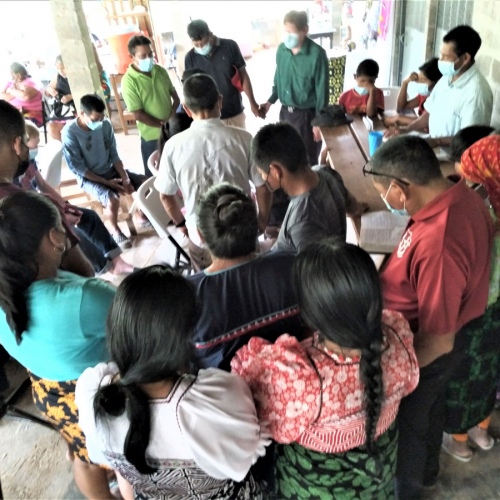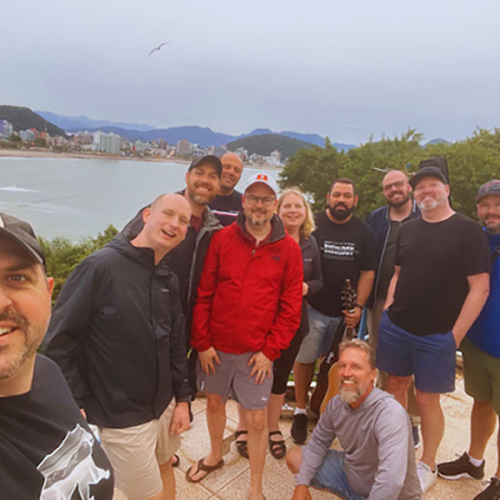- A Conversation About Prayer -
Stephen Humber, US Team Lead and Regional Mobilizer for East of the Rockies, sat down with Janet McMahon of Zoar (MB) Church in Inman, Kansas, and Vanlalhmachhuani (Amy) Gelatt of North Oak Community (MB) Church in Hays, Kansas.
Stephen: How has your own story shaped your prayer life?
Amy: I think of my life as a series of interruptions. I keep telling God, This is what I want. This is how it should be done. And God says, No, I want this for you. I want you to do it this way. I often feel like Jonah, and sometimes like Peter. I was born in India and, as a young adult, I was part of the founding faculty of a mission school. But it was in a challenging location where locals kept threatening to burn the school down. Those were crazy times, but I was happily serving there, when I got a letter saying that I was accepted at a Bible school in the States. I didn’t think it was possible. I guess I’m a slow learner, but prayer has been the place where I argue with God, reason with God, and surrender to God. When you get to the place of surrender, even though nothing makes sense in the natural, God gives us this amazing sense of peace. I thought I would be a single missionary in some other part of the world, but I ended up in the U.S. asking questions like, Should I be married? Do I want to stay in America? And it was so clear that God wanted me here. At Bible college, I met my husband, Josh, who became a pastor in a small town in Kansas. I had told God I never wanted to be a pastor’s wife, but he had a better plan for me. I surrendered. Now in Hays, which is only 20,000 people, God sent me a family of thirteen Afghan refugees, and I’m their missionary!
Janet: My husband, Mike, and I served as English teachers in China for twenty-five years. When we first moved from the U.S. to China, nothing was familiar and there were no comfort zones for us. So we learned quickly to become dependent on God. We just had to open our hands and say again and again in every situation, Not my will, but yours be done. And then we just had to wait on him and not run forward thinking that we knew the plan. But God went before us, and he prepared the way. We learned that through prayer and through a greater dependence on him. When you’re in a foreign country, everything you need in terms of provision, protection, and wisdom, God will give you. But you have to spend time in prayer, in relationship, and in learning to be dependent on him.
Stephen: How about you, Amy? You talked about surrender, but what have you learned about dependence on God?
Amy: My starting point, especially when I moved to the States, was always feeling inferior. I had this desperate desire to fit in. I was full of fear, and I was asking God, Can you really use someone like me here? I was not operating from a place of confidence. But I recalled that, even though Jesus was God, he started as a baby in the manger. I heard his voice saying to me, Why are you so afraid? I started at the bottom too. And he also said things like, “the Son can do nothing by himself; he can do only what he sees his Father doing…” Jesus was sent on a mission, but he kept sneaking away to pray because he wanted to be in step with the Father’s mission. So I knew I didn’t need to serve God from a position of confidence. It was like God was saying to me, No, Amy, you will never be self-confident. You will share my words shaking in your boots all the time. That’s the way God designed it, so that we keep asking him for strength and for guidance about what we should be doing.
Stephen: What do you see happening in your local church?
Janet: When our mission team prays together, we are more unified, and we make decisions much more smoothly. Prayer just opens us up to the Lord’s wisdom and guidance. That’s been key for us. And when we invite the congregation to pray for our missionaries, they become more aware of their personal needs and global needs, and they feel more connected. Prayer is a real connecting force.
Amy: I like that. Prayer connects us with God and with other people. Our church family is very generous in giving to missions. But sometimes giving can stand in the way of praying. Please hear me out. Sometimes, we need to be empty and desperate before God, because that’s where we learn dependence on him. Sometimes, it’s easier to give money to someone rather than giving yourself to them. I was telling a friend recently about how she could help these people in need, and I told her, “Go spend time with them. It’s not the money they need. They need you.” So she went to them, and she couldn’t understand their language, but they sat together, they used sign language, and they laughed a lot. And I said, “That’s exactly what I mean. Bring laughter to their lives. Just help them understand that you love them.”
Stephen: How has your understanding of prayer grown?
Amy: To me, it’s like the growth of children. When my kids were young, they said to me, “I love you, Mommy.” And those were beautiful words to hear. But when my adult son sends me a text that says, “Mom, I deeply, deeply love you,” it means that much more, because we’ve been through hills and valleys together, and that love has been tested. When I was younger, I was like Peter, saying, “Lord, I’ll die for you.” It was raw passion, and I think it was still beautiful in the Lord’s ears. But since then, I’ve experienced years of struggle in my faith and many unanswered prayers, and that has actually been a blessing to me, because it has tested my love for him. For me, prayer has become less and less about telling God what to do, and more about asking him what he wants. I’m learning to pray more like John the Baptist, who said, “I must decrease, so that he might increase.”
Stephen: How would you like to encourage readers to pursue depending on God in prayer?
Amy: Remember that self-sufficiency is truly a disadvantage. Anything that makes us desperate for God is a good thing. So, I would say, “Surrender to what God is doing in your life. Let go. Abandon yourself to him.” He said in John 15, “Apart from me, you can do nothing.” But he also said, “With God, nothing is impossible.” It’s two sides of the same coin. Do you trust God? Do you really love him? Depending on God means being completely satisfied with him, to be content that he is enough.
Janet: Paul said, “pray without ceasing.” When we learn to keep up a continual conversation with Jesus throughout the day, whether it’s thinking, or praising, or just asking for wisdom, that’s really what depending on God is all about. We open our hearts and hands in prayer, and we just wait on him to answer.
LEARN
Multiply provides training initiatives designed to equip everyday disciples for living on God’s mission. Prayer Ministry Training supports individuals and teams seeking to grow in the practice of effective, hands-on personal prayer, using the model of the Lord’s Prayer. To learn more, go to multiply.net/prayer-ministry




